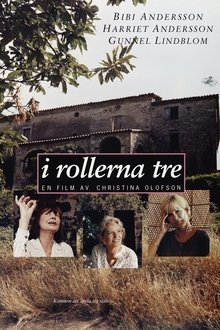The Water Map is an essayistic journey through the ethnography and landscapes of the Region of Murcia. These places are in the process of disappearing due to the increasing and abundant agricultural exploitation. Water has marked the territory and the culture of the area, and with its disappearance, the memories of four characters fade away.
Related Movies
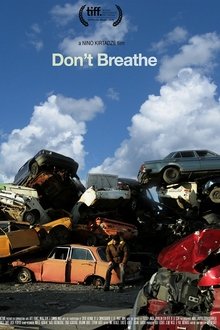
Don't Breathe (2014)
Don’t Breathe is a dark comedy set in Georgia that follows the tribulations of a middle-aged man, Levan, who is suddenly led to question his existence because of a routine medical examination. It sends him into a downward spiral of paranoia and doubt as he fumbles his way through the theatre of the absurd that we call life. Using humour and a playful tone, the film examines the fragility of human nature, when our bearings get lost and our imagination takes over, highlighting our common fears, doubts, hopes and resilience.
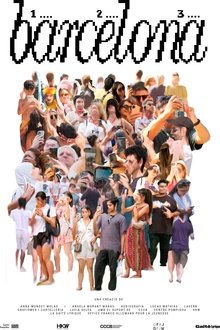
1,2,3... Barcelona! (2025)
Tourists eating and taking photos. Tourists strolling and taking photos. Tourists bathing on the beach and taking more photos. Barcelona has become an overexploited photocall to the point of paroxysm, and this is what this film shows by turning the camera and pointing towards the visitors. A small gesture that, added to a powerful sound contrast and a caustic sense of humour, exposes without subterfuge a grotesque normality.

The Horror of It All (1983)
A collection of film clips from horror movies and interviews with the actors and directors who made them.

Brains in Danger (2017)
For the past 20 years, the world has seen an alarming decrease in IQ and a rise of autism and behavioral disorders. This international scientific investigation reveals how chemicals in objects surrounding us affect our brain, and especially those of fetuses.
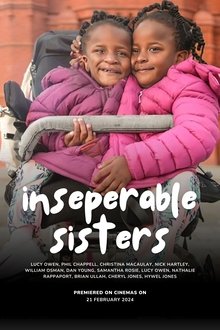
Inseparable Sisters (2024)
An uplifting insight into the lives of seven-year-old conjoined twins, who weren’t expected to live more than a few days. Cared for by their devoted father, the girls have defied all odds.

Shadowlands (2016)
Shadowlands is an animated short film about darkness that won't let go. About the constant fear that something terrible might happen. It describes a journey into the inner world and psyche of a young person in distress, a world far from "normal".

Grandma in Two Dimensions: Memories, Images and Stories of Faith (2025)
A young anthropologist reflects on her late grandmother's religious background.

Tango Macbeth (2012)
Shakespeare, dance and world music! A theater company rehearses Macbeth. A film crew documents their every move. The drama of the play interweaves with the drama of the making of the film. It's unlike any version of Macbeth you have ever seen.

Women Aren't Funny (2014)
Comedian Bonnie McFarlane dons her investigative journalist's hat to find out once and for all if women are funny and report her unbiased findings in what some are calling the most important documentary of our generation.

Summer's Tale (1941)
Arne Sucksdorff’s first film for Svensk Filmindustri, this lyrical short follows a fox cub through his playful explorations and predatory instincts in the Swedish forest. Blending moments of enchantment with unsentimental depictions of cruelty, the film captures the cycle of survival among animals with striking rhythmic editing and sensuous close-ups of fur, eyes, and forest textures. Rich in light and detail, Summer’s Tale became an enormously popular nature film and established Sucksdorff’s reputation for poetic documentary.
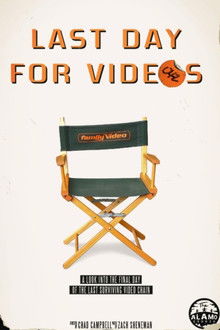
Last Day for Videos (2021)
A short documentary capturing the experiences and feelings of staff at a Family Video rental store in Kalamazoo, Michigan on their last day of operation following the steady rise of streaming services and the final blow dealt by the pandemic.

Linklater: On Cinema and Time (2013)
If cinema is the art of time, Linklater is one of its most thoughtful and engaged directors. Unlike other filmmakers identified as auteurs, Linklater’s distinction is not found on the surface of his films, in a visual style or signature shot, but rather in their DNA, as ongoing conversations with cinema, which is to say, with time itself. A visual essay produced by Sight and Sound.
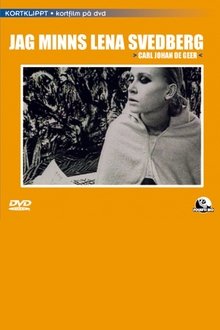
I Remember Lena Svedberg (2000)
Carl Johan De Geer remembers his old friend Lena Svedberg. He talks about how they used to make their magazine together, how beautiful but strange she drew and how bad she seemed to feel.
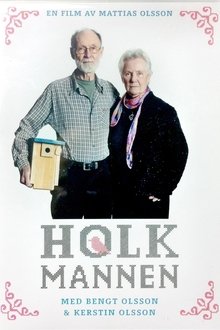
Holkmannen (2014)
A father tends to get obsessed with stuff. For a while he was all about Jujutsu. Then there was the period with macrobiotic cooking. Lately he only talks about bird houses.

The Promise (2017)
Helle and Maj-Briht lived together for 37 years and been married for two years. When Helle becomes weak and ends up in a retirement home, they have to live separately.
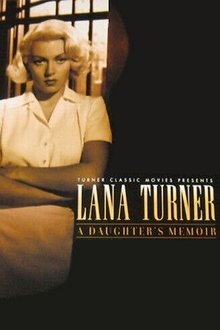
Lana Turner... a Daughter's Memoir (2001)
A rare behind the scenes look at the tragedies and bitter disappointments that plagued one of MGM's most popular leading ladies
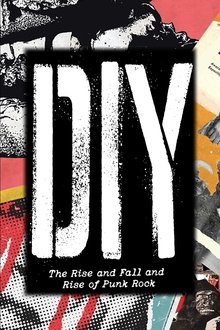
DIY: The Rise and Fall and Rise of Punk (2025)
D.I.Y. is an extrospective dissection of Pop-Punk; from the SoCal garages of the 80’s to the enduring impact the genre has had on music, fashion, and culture.
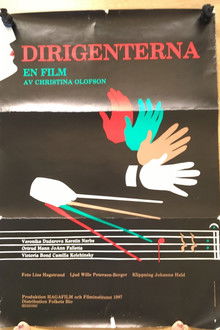
Dirigenterna (1987)
Six women have entered a male world - the orchestra conductors. The doubtfulness against female conductors and musicians in the world of classical music becomes clear during a visit to the Vienna Philharmonic. Conductors Sixten Ehrling and Jorge Mester comment on the prevailing conservative attitudes among colleagues.

